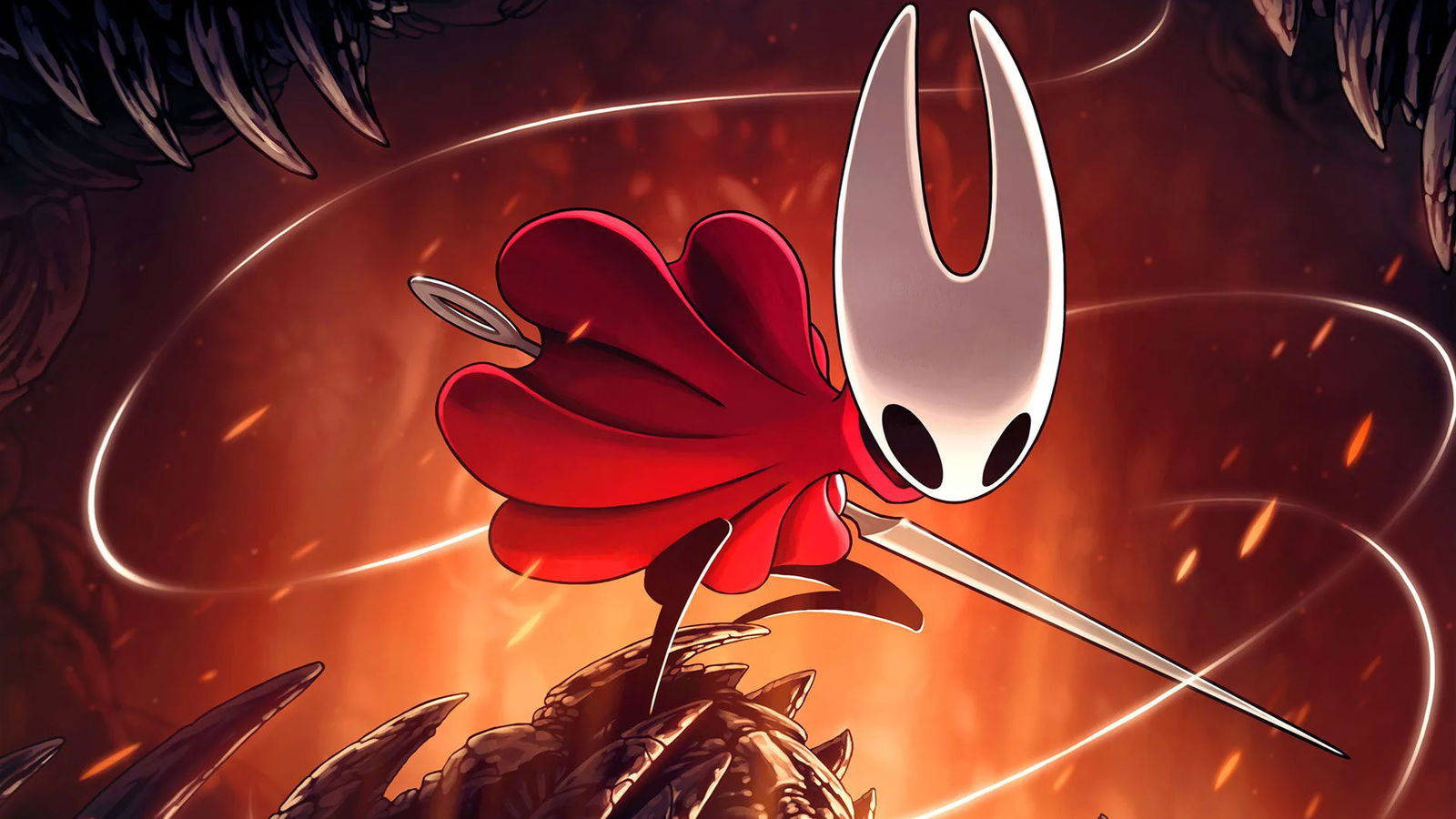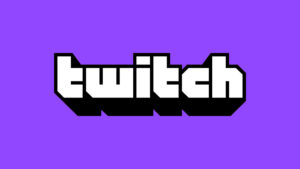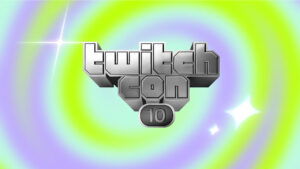It’s hard for me to imagine a more highly anticipated game in recent gaming history than Hollow Knight: Silksong. Almost every Nintendo Direct or Sony State of Play since the game was announced back in 2019 has generated a tsunami of memes in hopes the game would get a detailed trailer or release date announcement—heck, even Geoff Keighley tried to get in on the joke.
I was as excited as anyone to see Hollow Knight: Silksong get a surprise release date during Summer Games Fest 2025; however, some of that excitement was dissolved by the news that followed the announcement. At the time of writing, at least seven games have been delayed due to Hollow Knight: Silksong’s release—two of which, Demonschool and Little Witch in the Woods, I was personally really looking forward to.
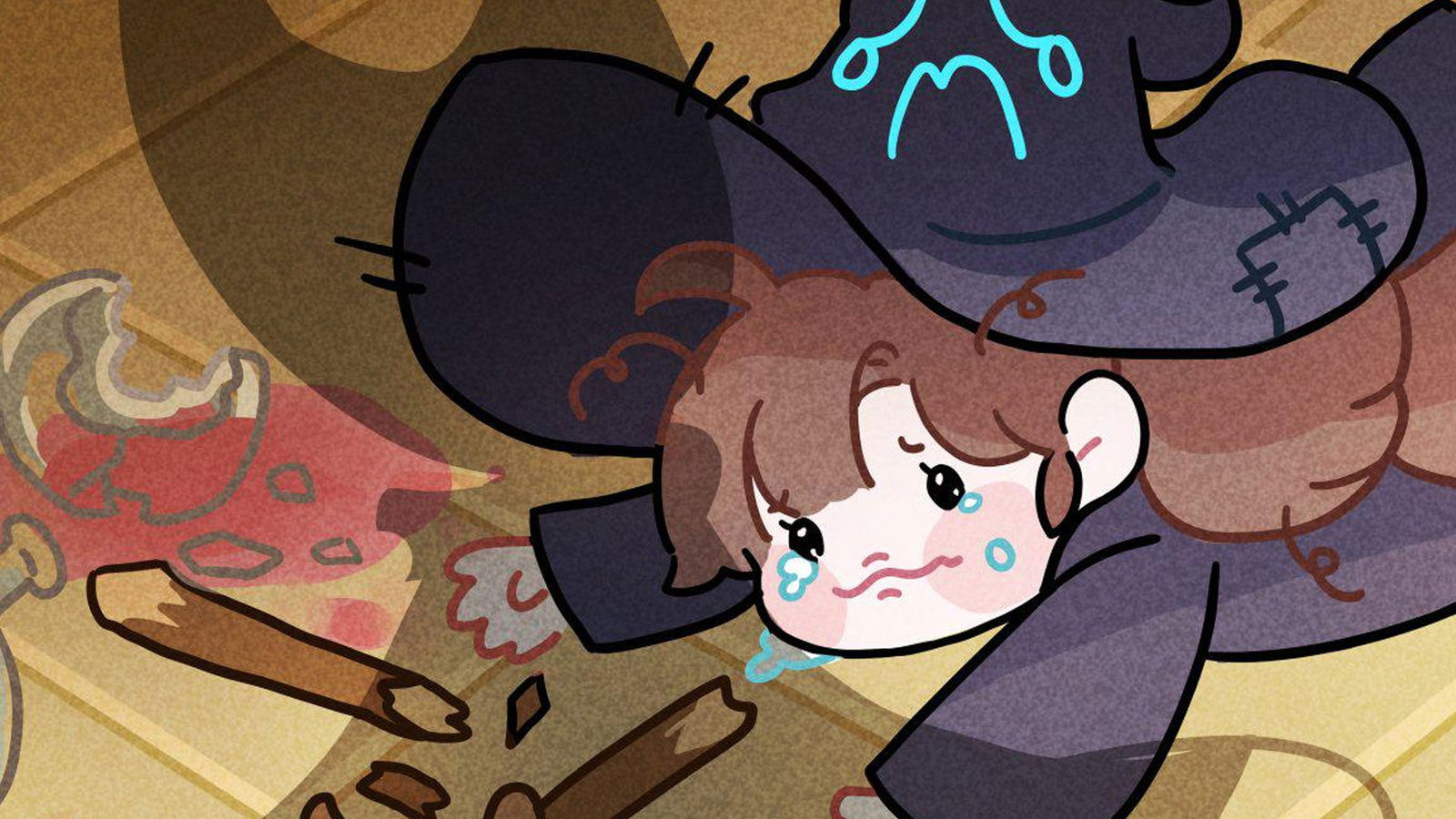
As a game journalist and critic, even though I’ve made a great effort to understand what goes into making and releasing a video game, I still consider myself an outsider looking in. I keep thinking about how these studios created schedules, poured years into creating something people would enjoy, were likely mentally preparing for the exciting and terrifying prospect of release, only to have one game completely undo all of that. Imagine wielding that kind of power.
It got me thinking about the unhealthy way both gamers and the game industry treat the release of video games and the unsustainable perpetuation of hype it too gleefully indulges in. Not only does it feel strange that it’s still happening, but it feels so completely unearned.
Now I want to preface this by saying I don’t think being “hyped” for a game is inherently a bad thing. It’s perfectly fine to get excited for something you think looks cool or you might really like. I’ve been covering this industry for almost 10 years now, and despite knowing better, I’m allowing myself to get excited for Pokémon Legends: Z-A—it looks pretty neat!
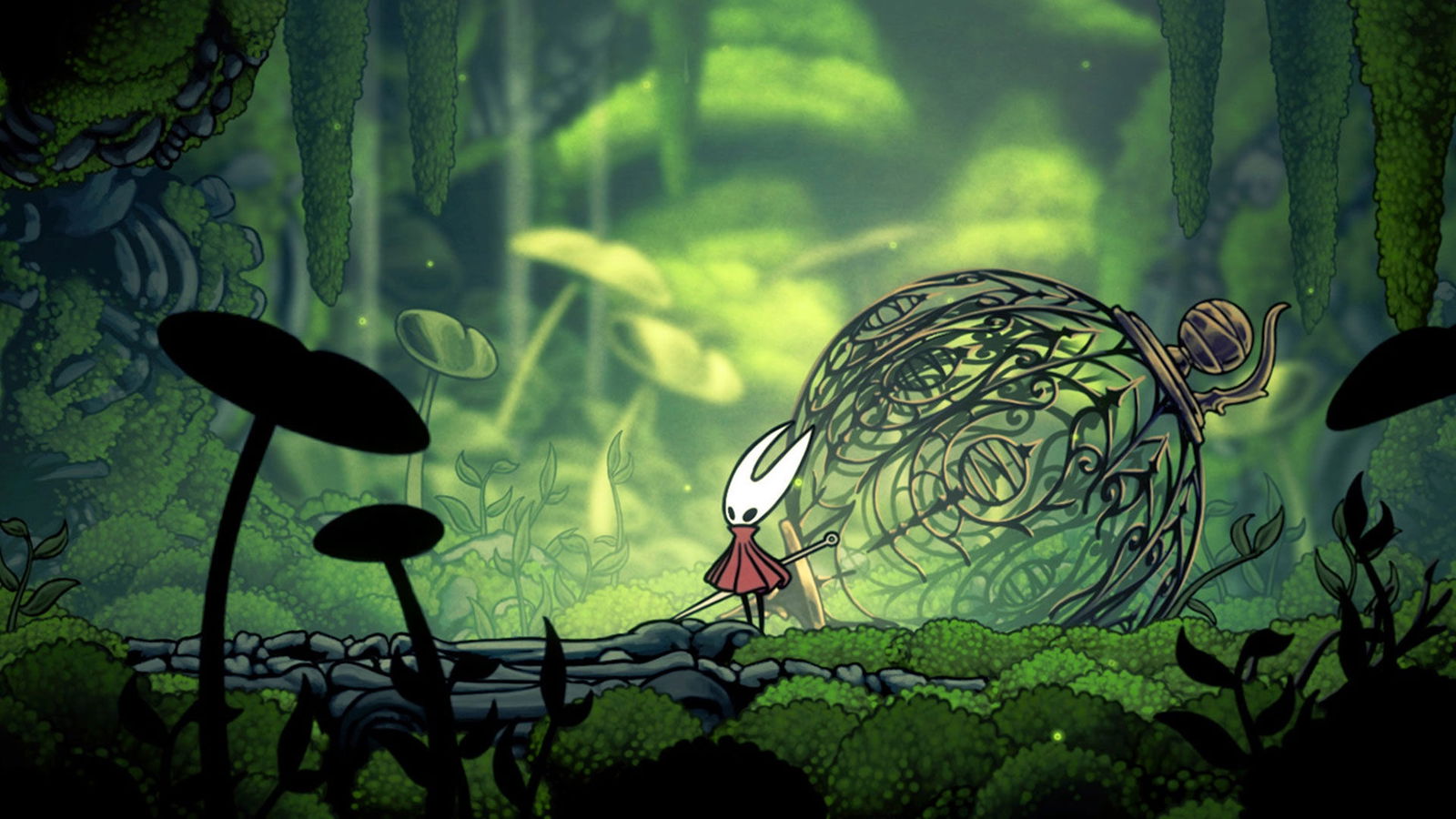
But I think we too often allow our excitement for something to overshadow our better judgment about it. I once knew a guy who was so excited for the release of Anthem that no matter how many times I told him that maybe he should wait on it—citing the innumerable stories of its fraught development—he was so absorbed in the hype that not only did he buy it day one, he had pre-ordered it to boot. A week later, he said to me, “You know, maybe I should’ve waited on it…”
This is anecdotal, of course, but I think it’s indicative of the issue we’ve seen numerous times within this industry—the idea of a game blown up into cosmic proportions that it becomes impossible to see anything else. The first one that comes to my mind is probably Duke Nukem Forever, a game that had been stuck in development hell for almost 14 years, but managed to stay in the public eye due to the name and legacy of Duke Nukem. Jeff Mills actually said in an article on the old Escapist, “Duke Nukem Forever is an example of what happens when the hype is far greater than the quality of the game,” and this couldn’t be truer.
“I don’t remember hearing any stories about games delaying their launch for Kingdom Hearts III, so why was Hollow Knight: Silksong the outlier?”
Another example that springs to mind for me is Kingdom Hearts III, a game that also had 14 years of hype behind it. Unlike Duke Nukem Forever, though, Square was able to profit off the hype for the much-anticipated sequel by releasing 12 games in the interim—although several of which were remakes. Kingdom Hearts III was released to a respectable critical reception, but nowhere near what you’d expect for the highly anticipated third entry in the Kingdom Hearts series.
Not only that, but the conversation around the game seemed to drop off pretty quickly. While I can’t speak for others, I genuinely don’t remember anyone mentioning the game on Twitter a week or two after release. This was something I noticed with No More Heroes III as well—despite all the supposed hype, people forgot about it fast and even today, not many people bring it up.
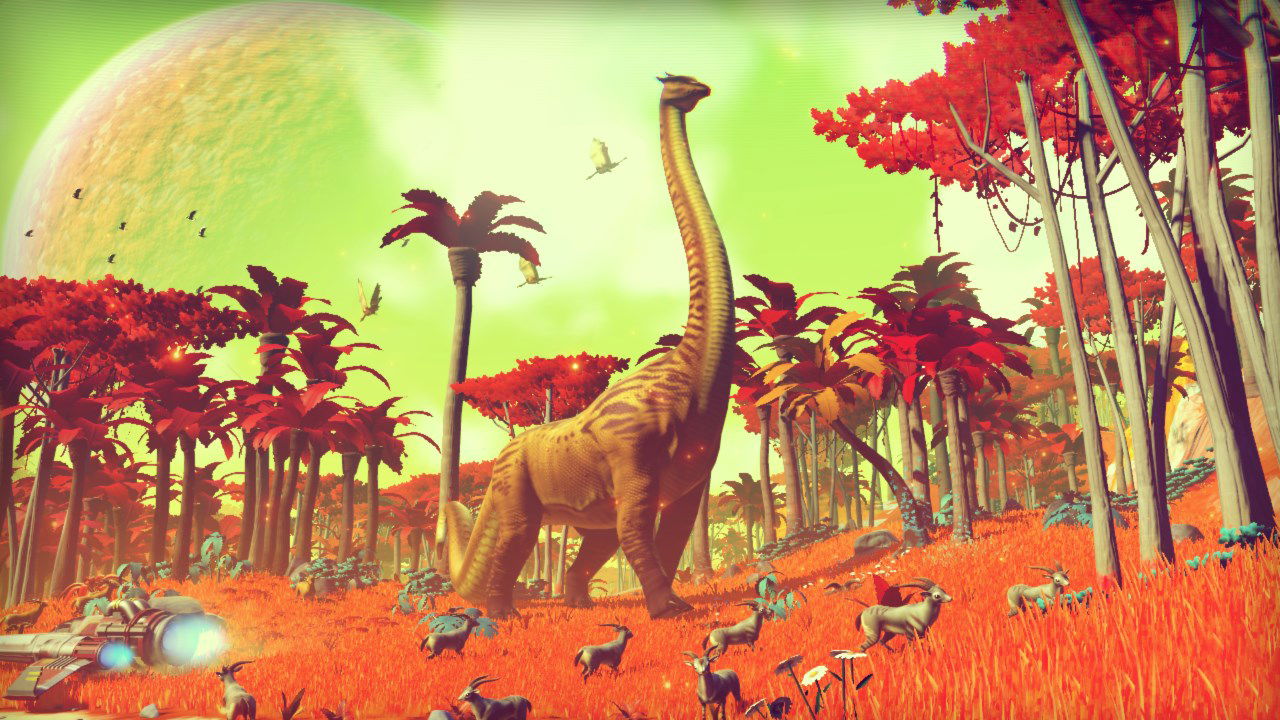
But likely the most notable example of over-hyping and under-developing is No Man’s Sky. This is the example that stands out the most to me because of just how easily everyone was swayed by the concept of the game, with little in the way of actual proof that it could deliver. Like I said in my old op-ed about it, it surprised me that even my former colleague Brendan Quinn—who was often more cynical than I was—was so taken in by it.
And No Man’s Sky serves, to me at least, as the example of not repeating the mistakes of the past. It remains to me a failure of both the institution of game journalism and gamers themselves that No Man’s Sky was built to this unachievable level—journalists ran with the stories of what was being promised, and gamers allowed themselves to believe it would all be true.
But the strange thing to me is that for all the above-mentioned examples of overhyped games, none of them pushed any other games out of their projected launch dates. I don’t remember hearing any stories about games delaying their launch for Kingdom Hearts III, so why was Hollow Knight: Silksong the outlier?
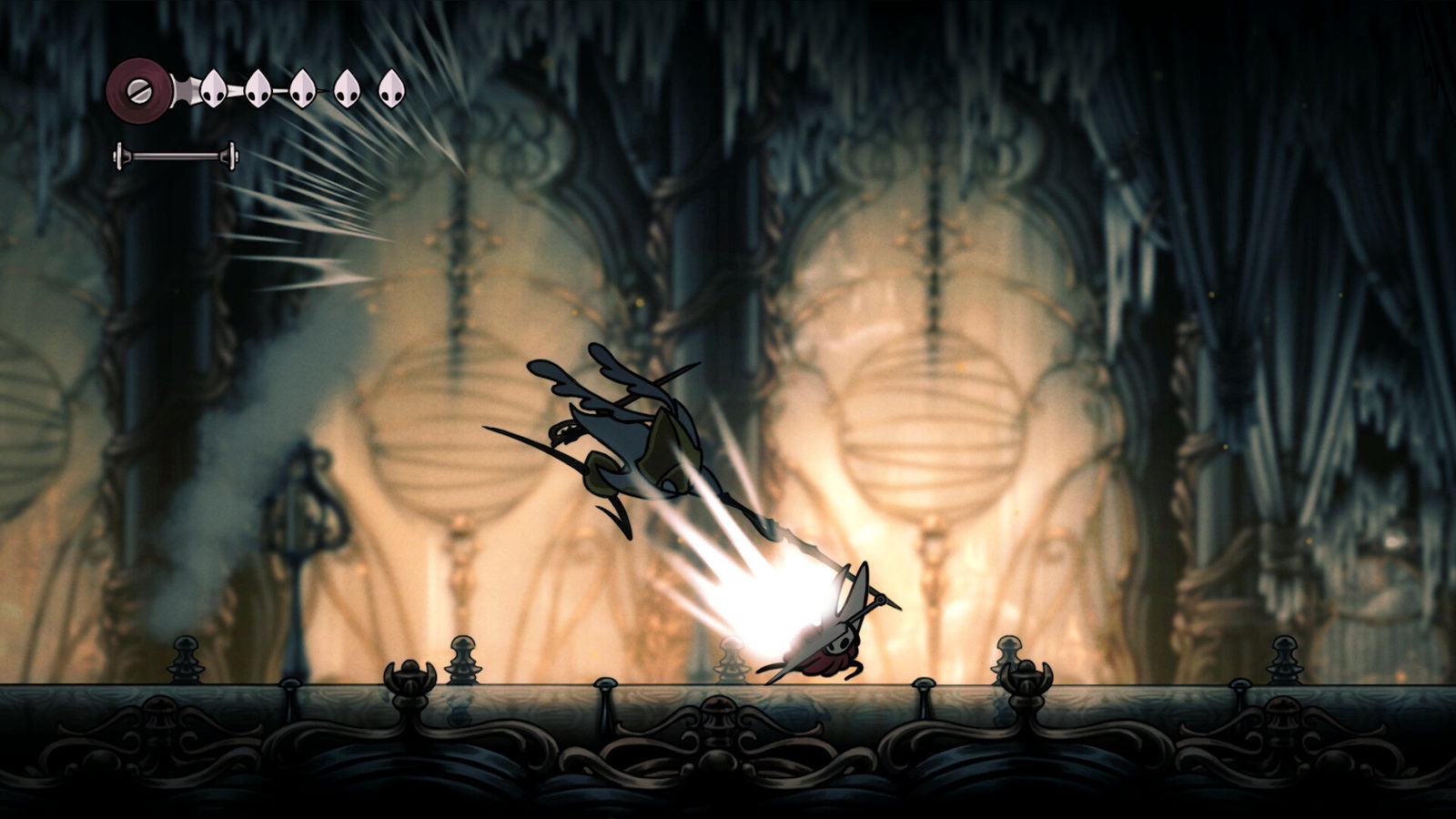
This is why something like Hollow Knight: Silksong irritates me in the way that it has. That gamers were wishing for it so hard that every possible gaming showcase began with a desperate hope to see it, and then a “clownish” realization when they didn’t, not only puts unfair pressure on other developers, but it puts completely unrealistic standards on the thing you want. No matter how good it is, it’ll never be as big as the thing you built in your mind.
It’s why when someone like Geoff Keighly, owner of an “awards show” that spends 90 percent of its runtime hyping and advertising video games, tries to get in on a joke about gamers not receiving a product, it feels somewhat hypocritical. It’s something that needs to change across the entire industry of gaming. We need to start being better at how we look at the development of a game and setting realistic expectations.
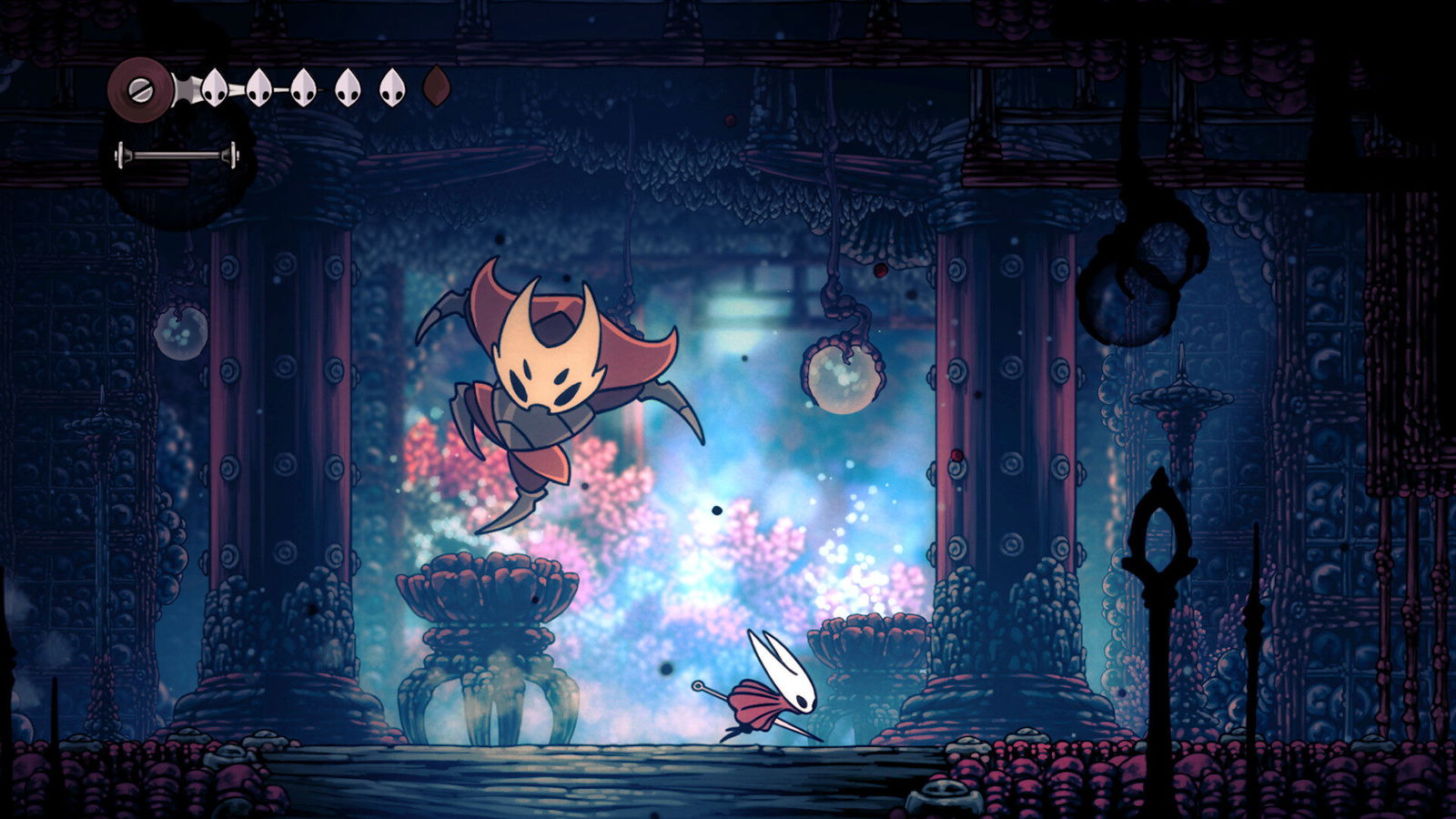
I don’t blame Team Cherry for making a masterpiece with Hollow Knight, but the fact that its sequel was nominated for four awards across four years—winning two of them no less—for being “the thing people want the most” is just absurd to me.
I think this also bothers me more than it probably should because the past few years have felt especially cruel towards the creators of video games. “AAA” publishers have been routinely indulging in layoffs, projects are being cancelled left and right, and even successful games don’t guarantee a studio’s future. The Indie space should be a refuge where creators hold each other up—they shouldn’t have to worry that other Indies are going to drink their milkshake.
“Hollow Knight: Silksong is no doubt going to be good, but it shouldn’t have come at the expense of other creators’ games, launch success, and the fun of making and releasing a video game.”
It’s hard to know what to do about this. Even as I write this, a quick search of the name Hollow Knight: Silksong yields “story” after “story” about the exact time of the game’s launch, how to purchase it, how it crashed Steam and the Nintendo eShop, and a cornucopia of lists, guides and more. Game journalism is a tough business—being made ever more difficult by the shifting landscape of the Internet and algorithms—and I don’t fault outlets for doing what’s necessary to generate income clicks.
But I think there needs to be some balance. There needs to be a greater shift towards equipping gamers, both veteran and newcomer, with the knowledge of what goes into designing a game in order to temper expectations around a release. Game development takes a lot of time and effort, and not every little detail is going to be communicated to the public. Sometimes you just need to let the chefs cook and trust the process.
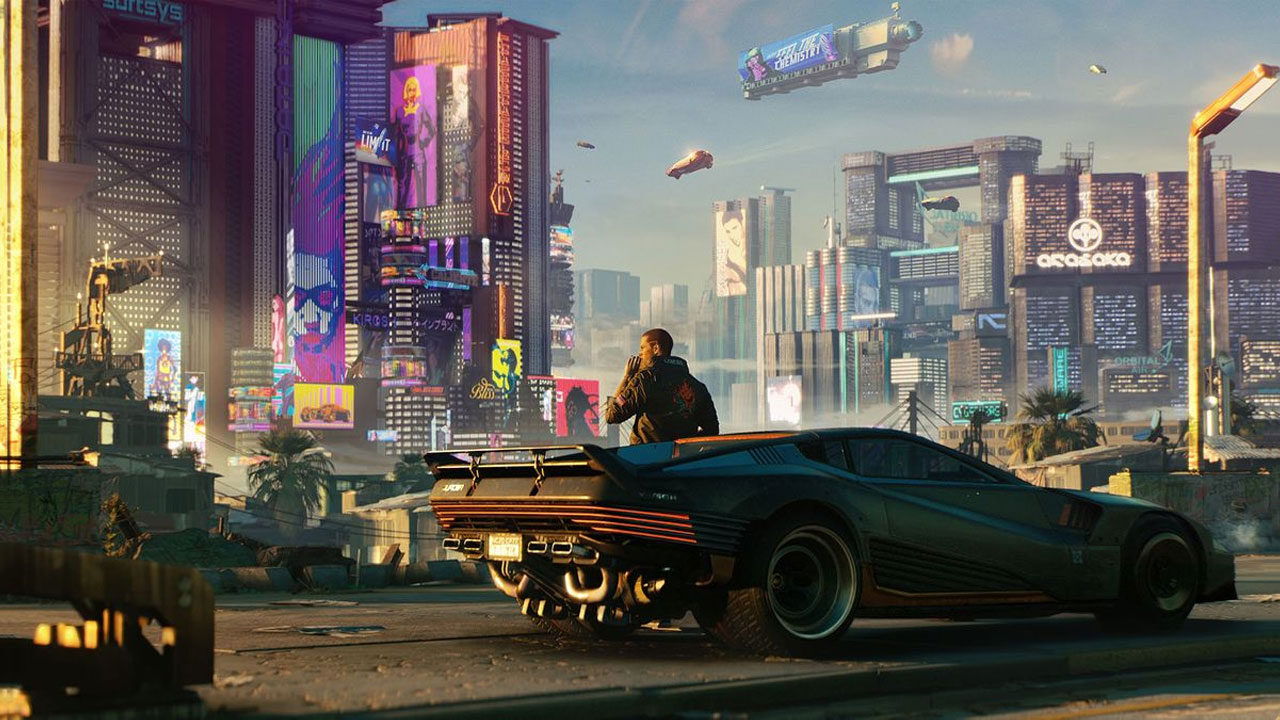
To that end, I’m reminded of Cyberpunk 2077. CD Projekt RED garnered a lot of goodwill from gamers with The Witcher III: Wild Hunt, and the hype levels for their next game were off the charts. Because of this, almost every announcement about the game’s delay was met with extreme anger and even death threats. Patience is a hard thing to learn, let alone practice—doubly so in a 24/7 media landscape that relies on “engagement” to survive.
But I think we could all benefit from learning a little bit from Hollow Knight: Silksong now that we finally have it. To be patient about the things we’re excited for and support the developers either quietly or directly. To encourage taking the time necessary to make a game great, and let them know we’re willing to wait.
To quote the late Satoru Iwata, “Games are meant to be just one thing: fun. Fun for everyone.” I think far too often we forget that the fun should also be awarded to the people who are making these things. Hollow Knight: Silksong is no doubt going to be good, but it shouldn’t have come at the expense of other creators’ games, launch success, and the fun of making and releasing a video game.
